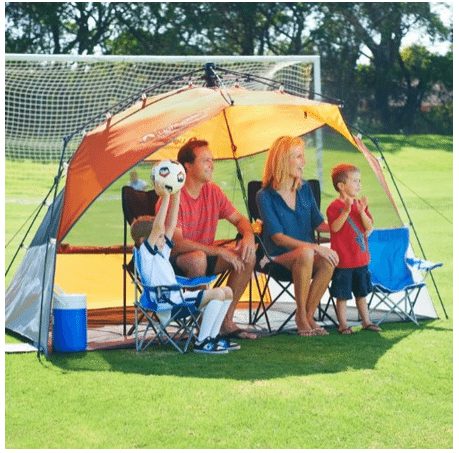
Zverev’s Determination Challenges Nadal’s Dominance
Nadal Dominates Clay: Zverev’s Challenge
The Clash of Titans
When it comes to the world of tennis, few rivalries ignite the passion and excitement of a showdown between Rafael Nadal and Alexander Zverev. These two titans of the sport bring their unique blend of skill, determination, and raw talent every


![[Show Name] Gripping From Beginning to End [Show Name] Gripping From Beginning to End](https://images.unsplash.com/photo-1596405367208-63505402f113?fm=jpg&q=60&w=3000&ixlib=rb-4.1.0&ixid=M3wxMjA3fDB8MHxzZWFyY2h8MTh8fGhpZ2glMjBwb3RlbnRpYWwlMjB0ZWxldmlzaW9uJTIwc2hvd3xlbnwwfDB8MHx8fDI%3D)

![Best Family Law Attorney in [Your City/Region] Best Family Law Attorney in [Your City/Region]](https://images.unsplash.com/photo-1731955418581-5ba6827ca5ff?fm=jpg&q=60&w=3000&ixlib=rb-4.1.0&ixid=M3wxMjA3fDB8MHxzZWFyY2h8MTN8fGJlc3QlMjBmYW1pbHklMjBsYXclMjBhdHRvcm5leSUyMG5lYXIlMjBtZXxlbnwwfDB8MHx8fDI%3D)



 In my many years of teaching baseball and softball, coaching and parenting, I have noticed that parents often put pressure on kids without even realizing that is what they are doing. This pressure leads to tension between parents and their sports playing kids that may never go away. Parents feel …
In my many years of teaching baseball and softball, coaching and parenting, I have noticed that parents often put pressure on kids without even realizing that is what they are doing. This pressure leads to tension between parents and their sports playing kids that may never go away. Parents feel … Nutritional Supplementation for Athletes – Yes or No?
Nutritional Supplementation for Athletes – Yes or No?